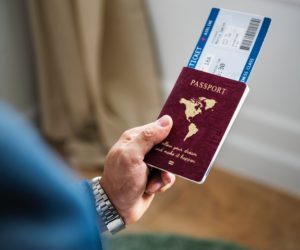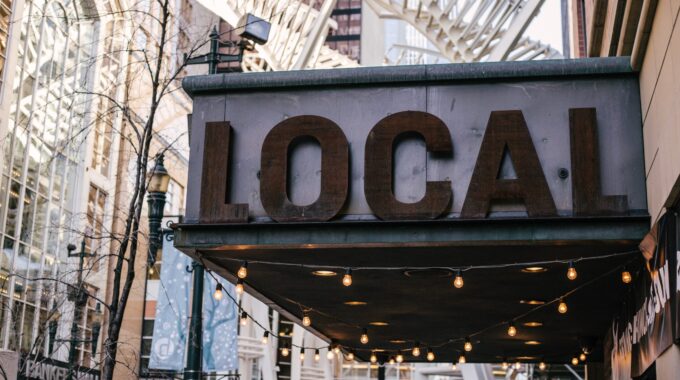It’s now just over a year that we’ve been living through the coronavirus pandemic; the…
From Planes back to Trains and Automobiles
3.
From Planes back to Trains and Automobiles
In this installment of the sustainability series, we thought it would be interesting to take a moment to take a closer look at air travel for business purposes. In the last post, we talked about the cost of carbon dioxide emissions on the environment and how its intensity seems to be growing exponentially. Here, we thought we ought to share some of our own ideas and strategies for minimizing our carbon footprints by changing our behavior when it comes to business travel.
If it isn’t obvious already, one of the topics that really grinds our gears is that of extensive business travel. It’s true that with the globalization of the economy moving as fast as it is today, there are some instances where it might be imperative to make the plane journey to face-to-face meetings. We won’t deny that, as some of our staff have out-of-country meetings which require air travel, too. For international partnerships which require crossing the ocean, we absolutely understand that it’s just not plausible to hop on the Queen Mary II to get across the Atlantic from the East Coast.
Cut back on business travel
But hear us out on this one! Think about the number of meetings that don’t require such long and difficult distances. There are plenty of times where carpooling or a train journey can take the place of a flight. Sure, it may take longer to arrive, but these alternative forms of transport have their bonuses. Think about the time you could spend discussing the particulars for an important meeting with your colleagues, or simply just take some time out of your busy schedule to watch the world go by.
Currently, jet fuel and aviation gasoline are taxed very low, which has given the opportunity for airlines to offer lower and lower ticket prices. As such, inexpensive travel has become so integral to the way we run our business that we are so easily persuaded and addicted to traveling. An organization which promotes “a transport policy based on the principles of sustainable development” called Transport and Environment has created a briefing which suggests the possibility of a drastic increase in taxes, ticket prices would inevitably be forced to rise.
Now, for large, multinational conglomerates, such an increase in the price of travel may not make a dent in their monthly expenses. However, this could seriously damage midsize and smaller businesses who are at the core of economic growth and arguably the largest generators of today’s jobs. Even the slightest increases to their travel expenses could create major budgeting issues, and even potential collapse of their businesses. This begs us to question: Are we on the verge of yet another economic recession? Could we see our current 4% unemployment rate burst above and beyond the 10.2% we saw in 2009?
Maybe it’s not ideal or convenient to change the way we travel for business, but at the rate we are going, not only might businesses collapse under the financial pressures, but our planet, too. The less we opt for unnecessary travel, the less flights are needed per day between destinations. This means that the large amount of emissions from a large amount of flights can be drastically minimized! In case you forgot, it takes about 2106 trees to repair the damage done by a single flight from D.C. to London!
So, let’s think about those smaller, shorter trips and meetings which could be eliminated altogether. Think about the time, money, and effort that can be saved from using teleconferencing rather than traveling to and from constant meetings between national and international offices.





